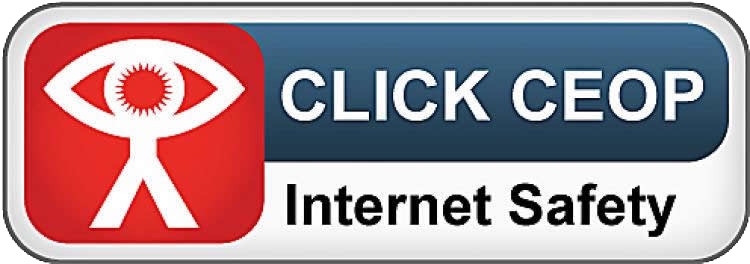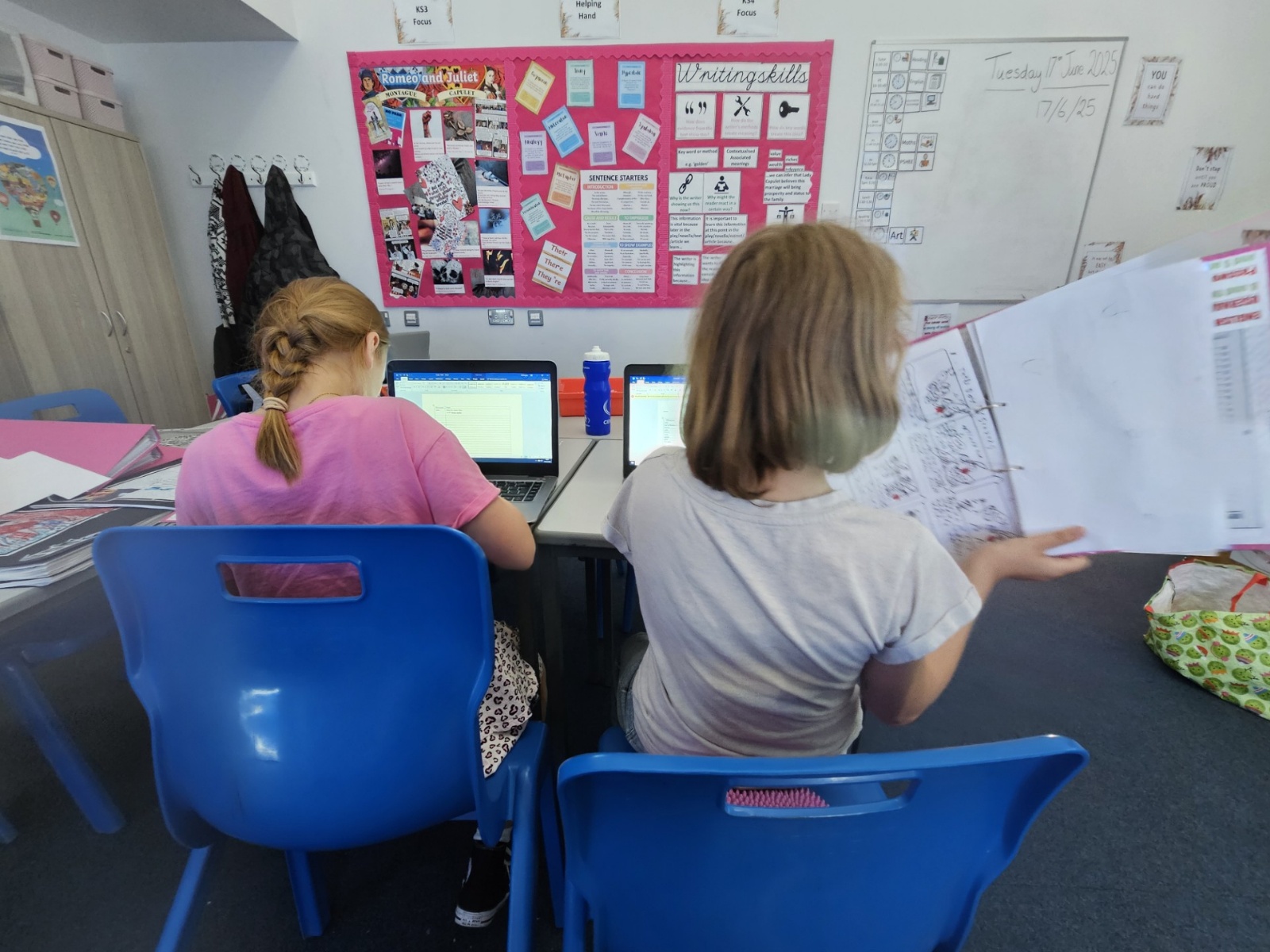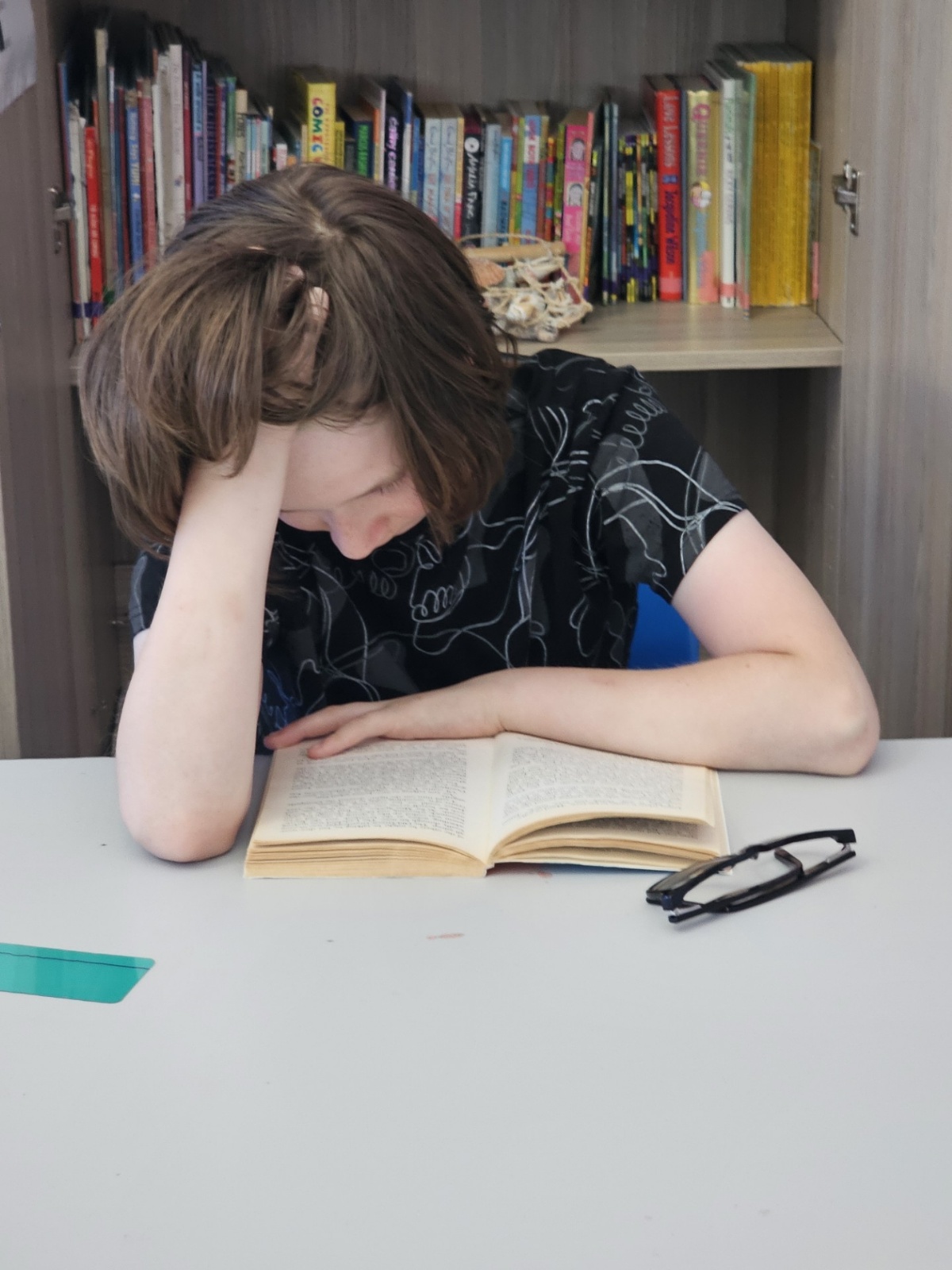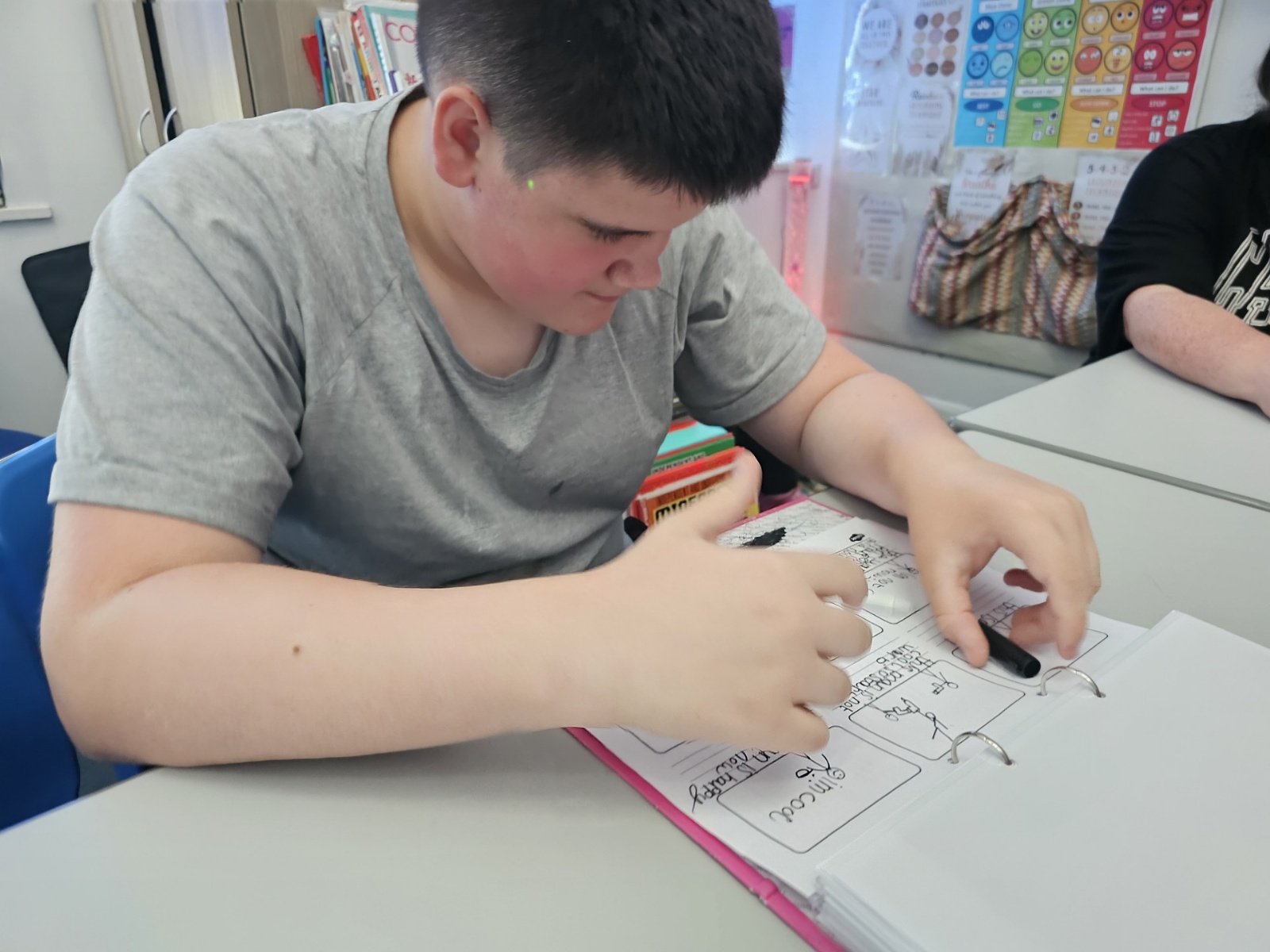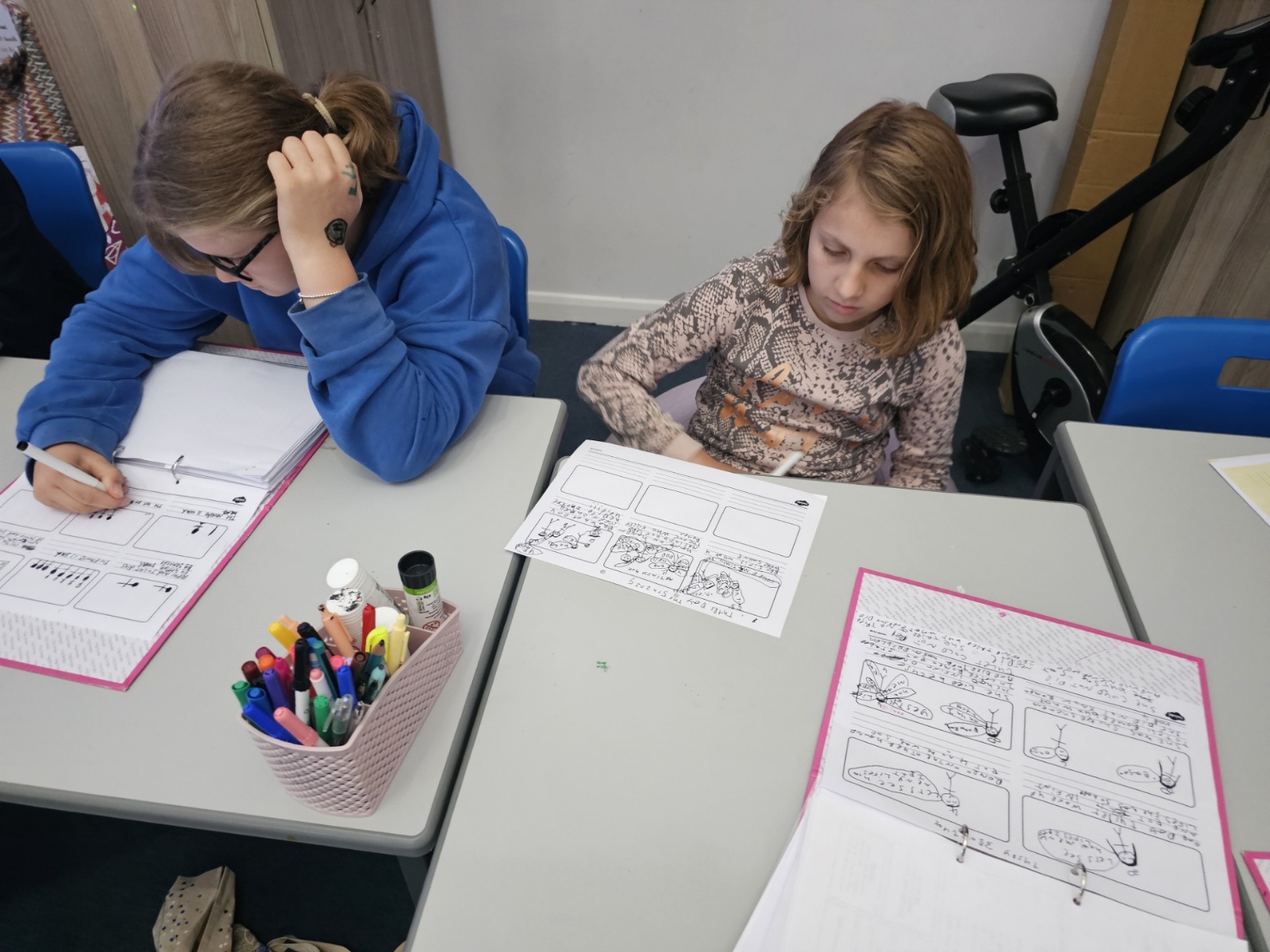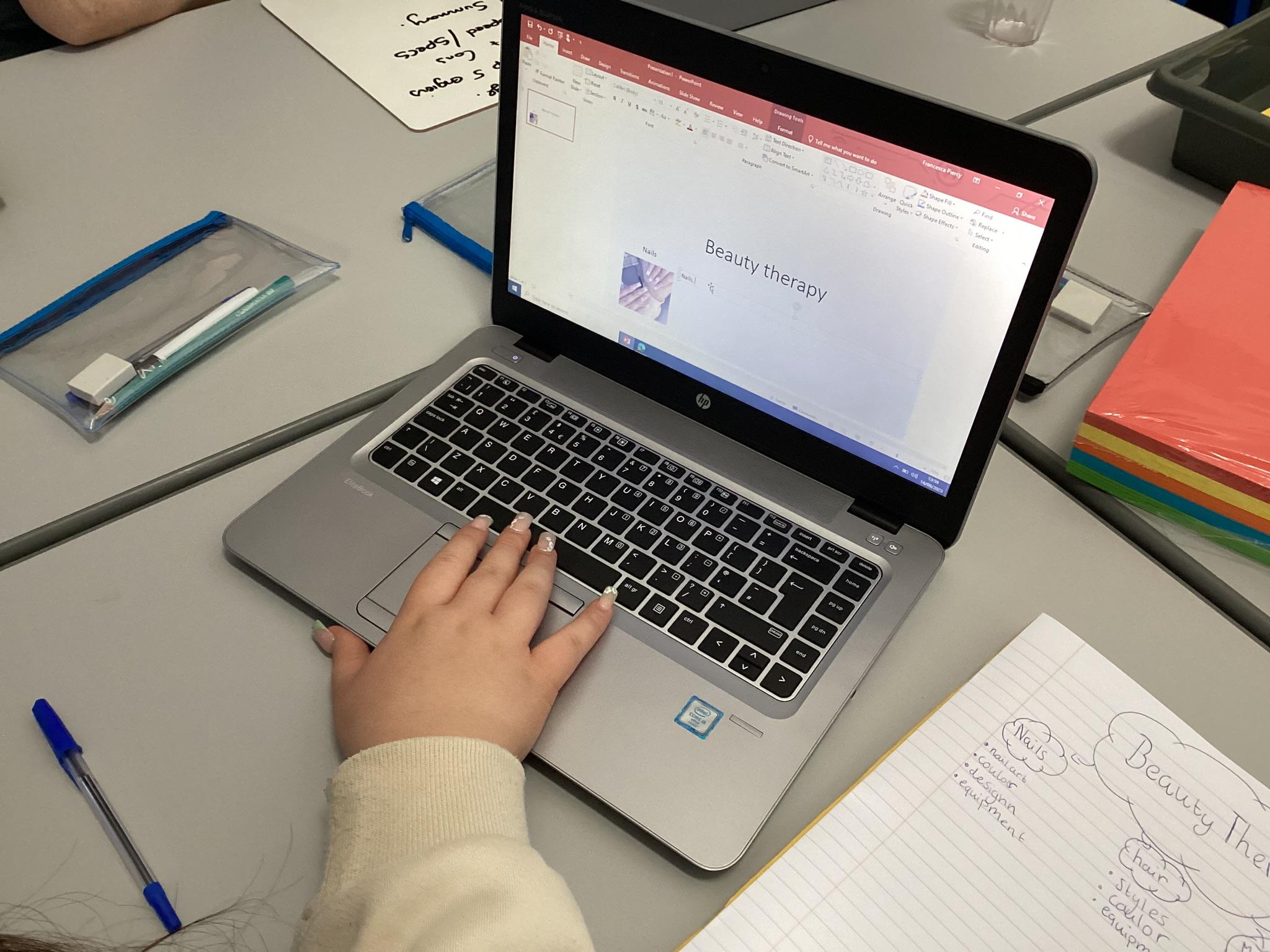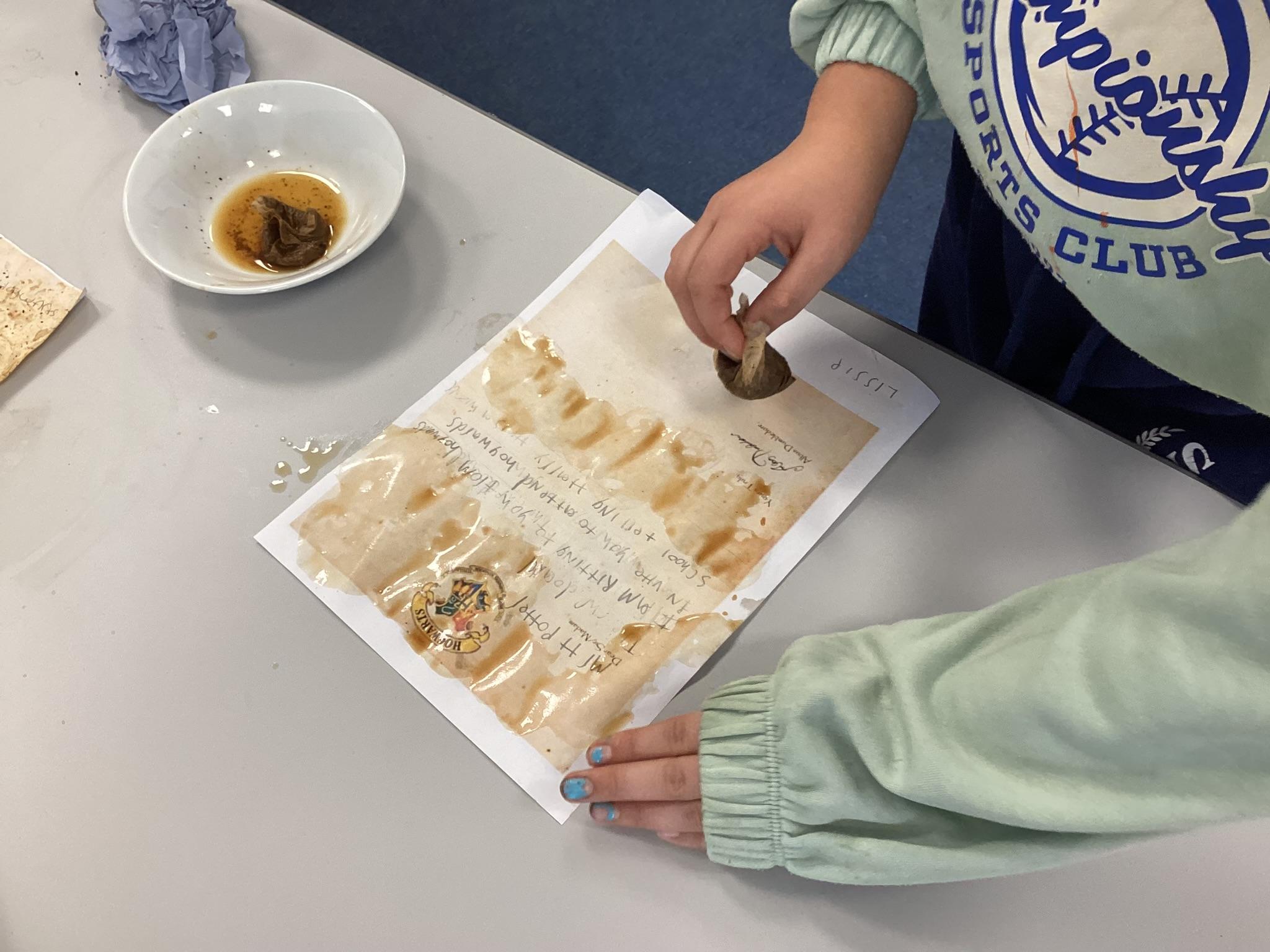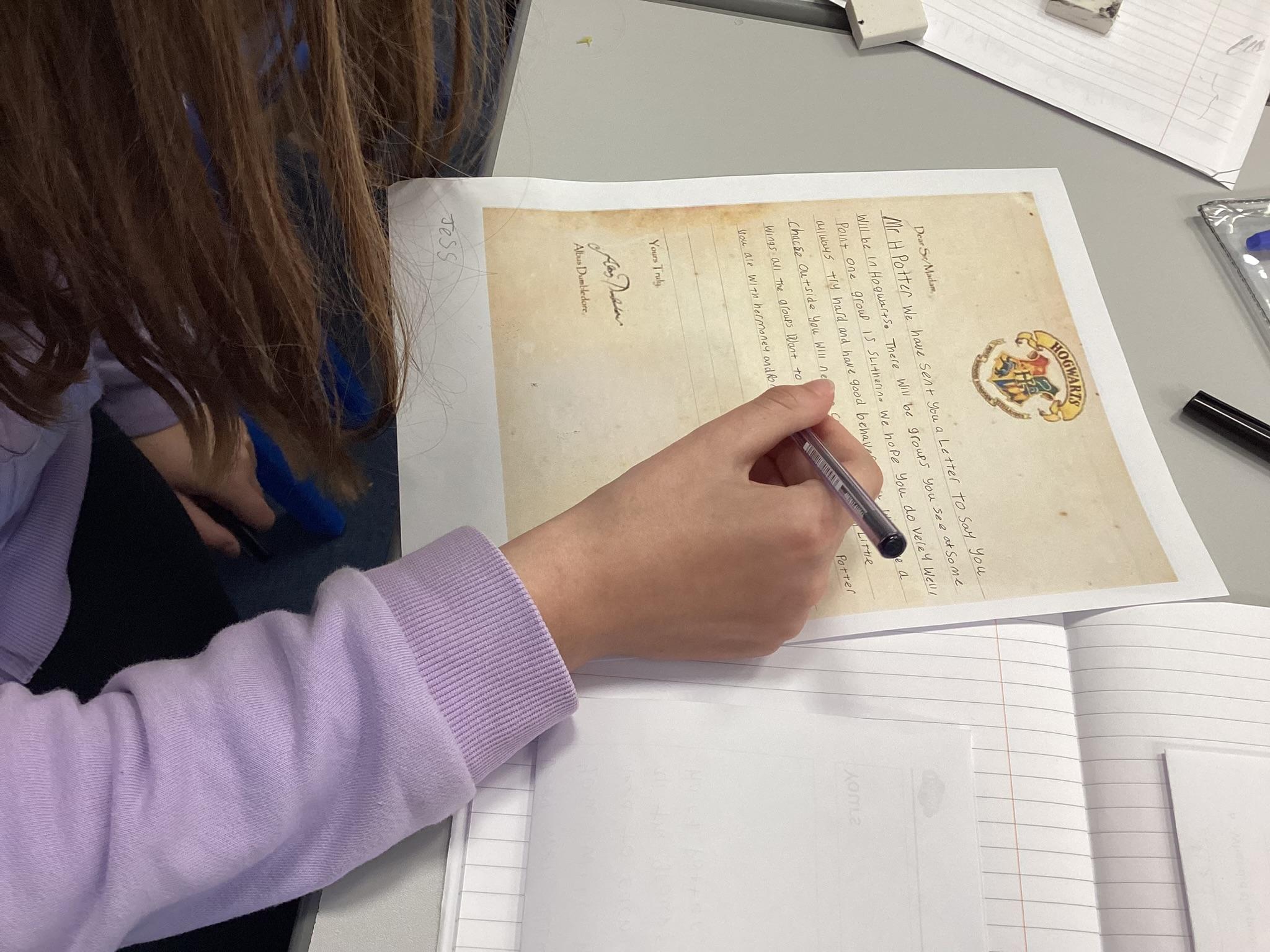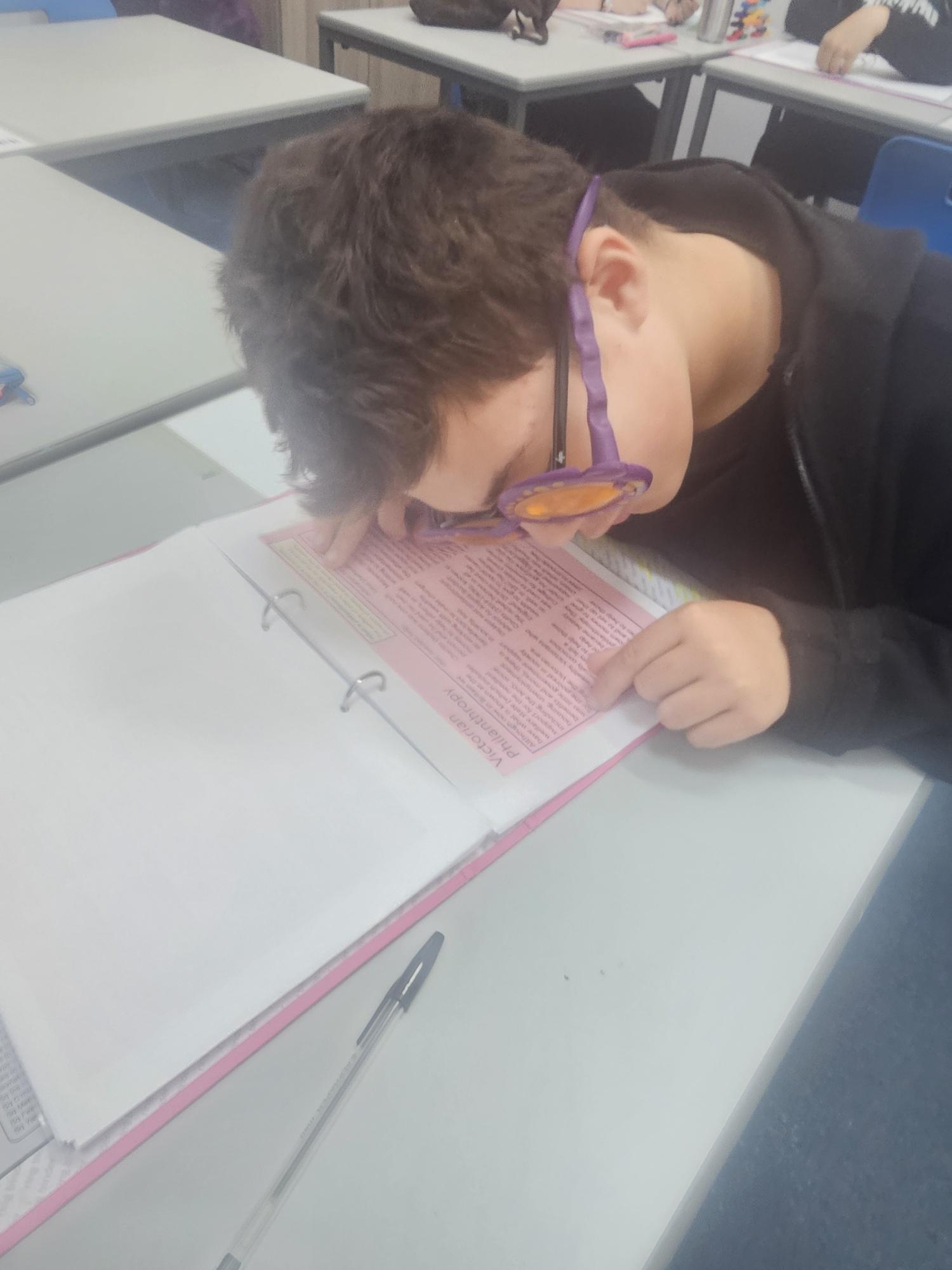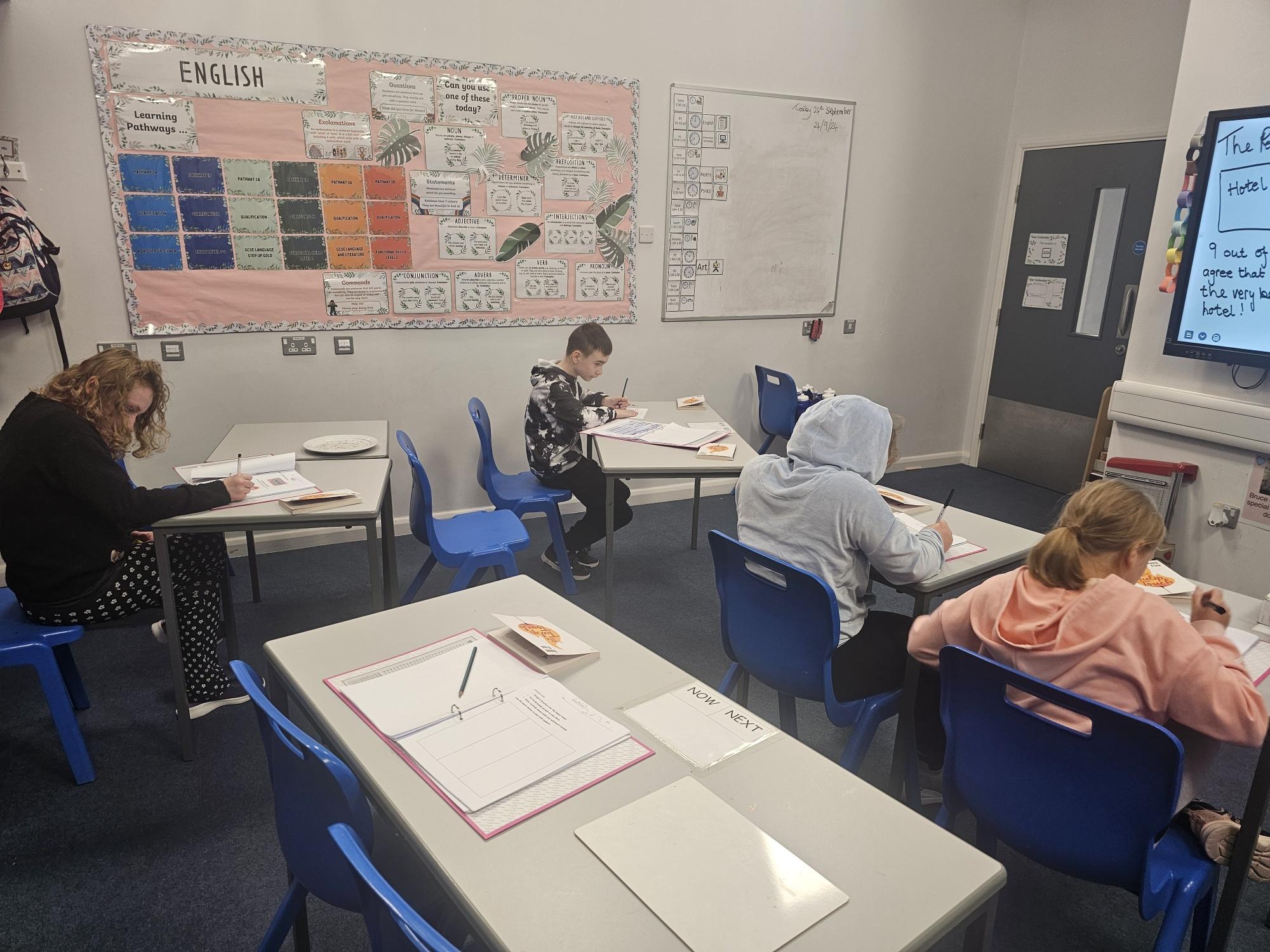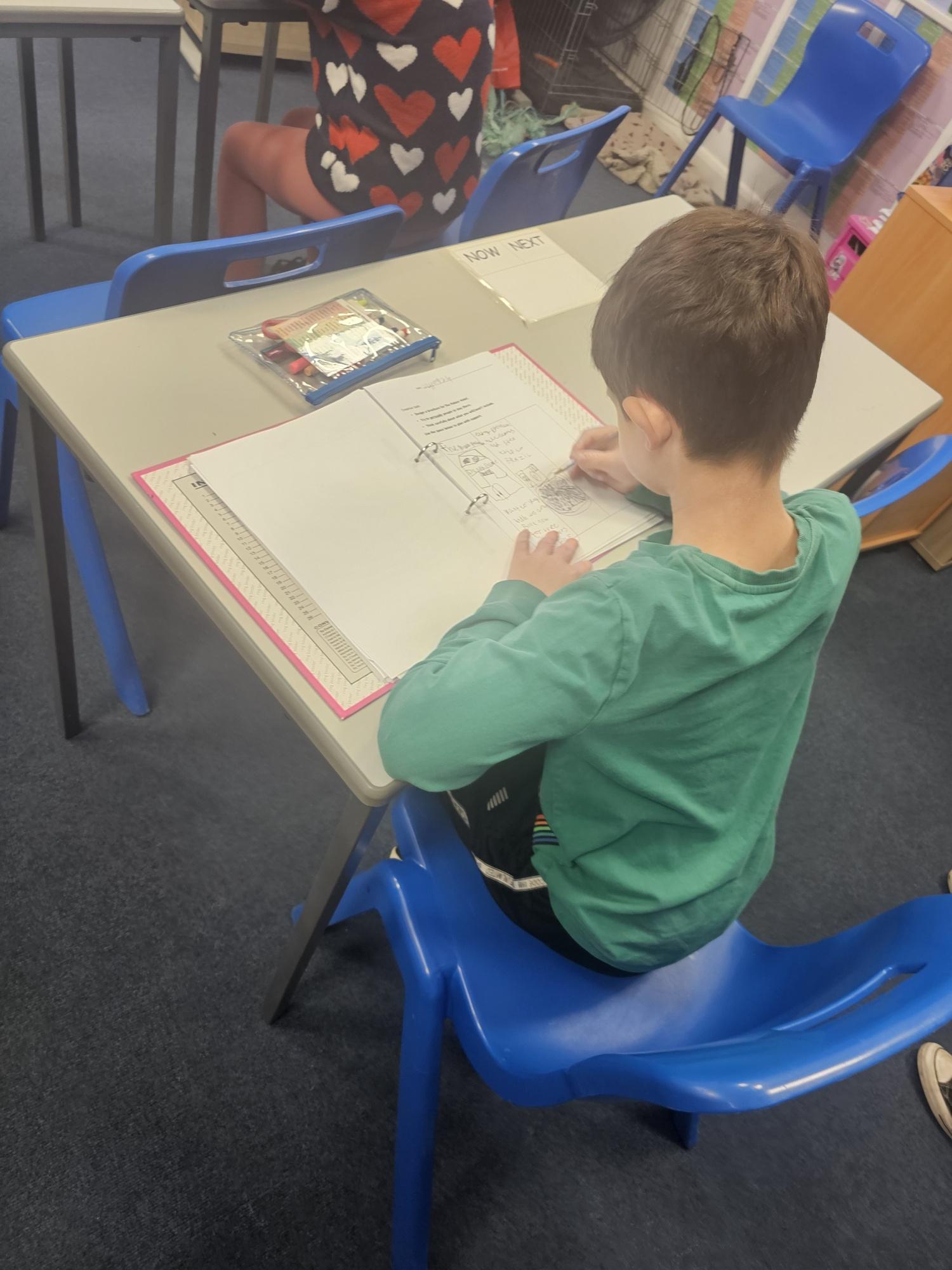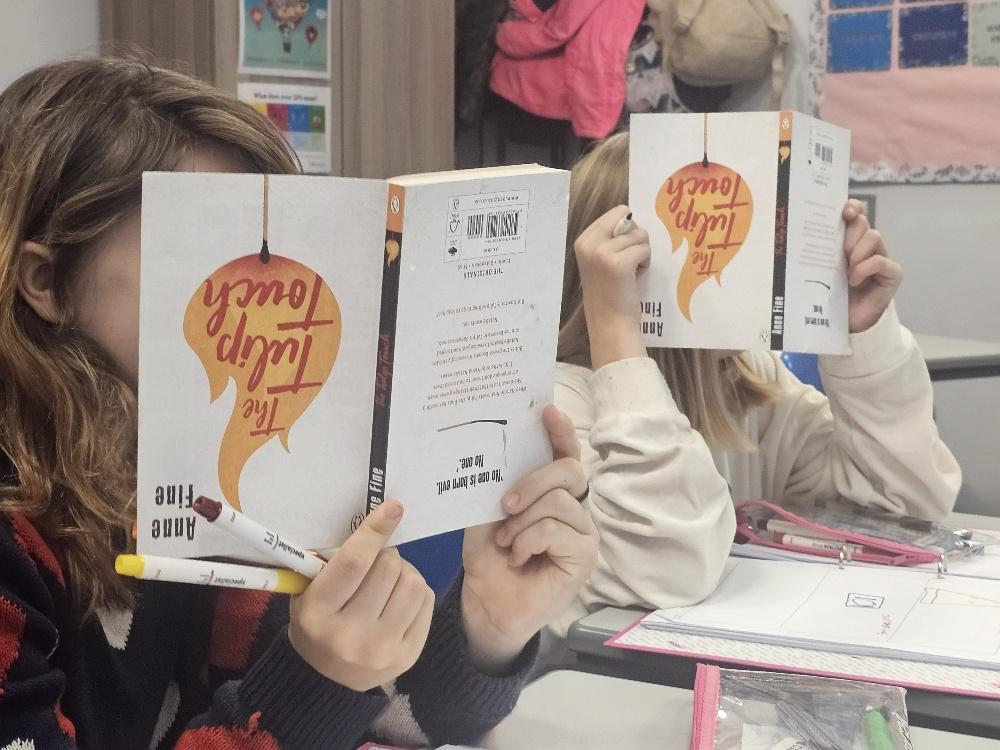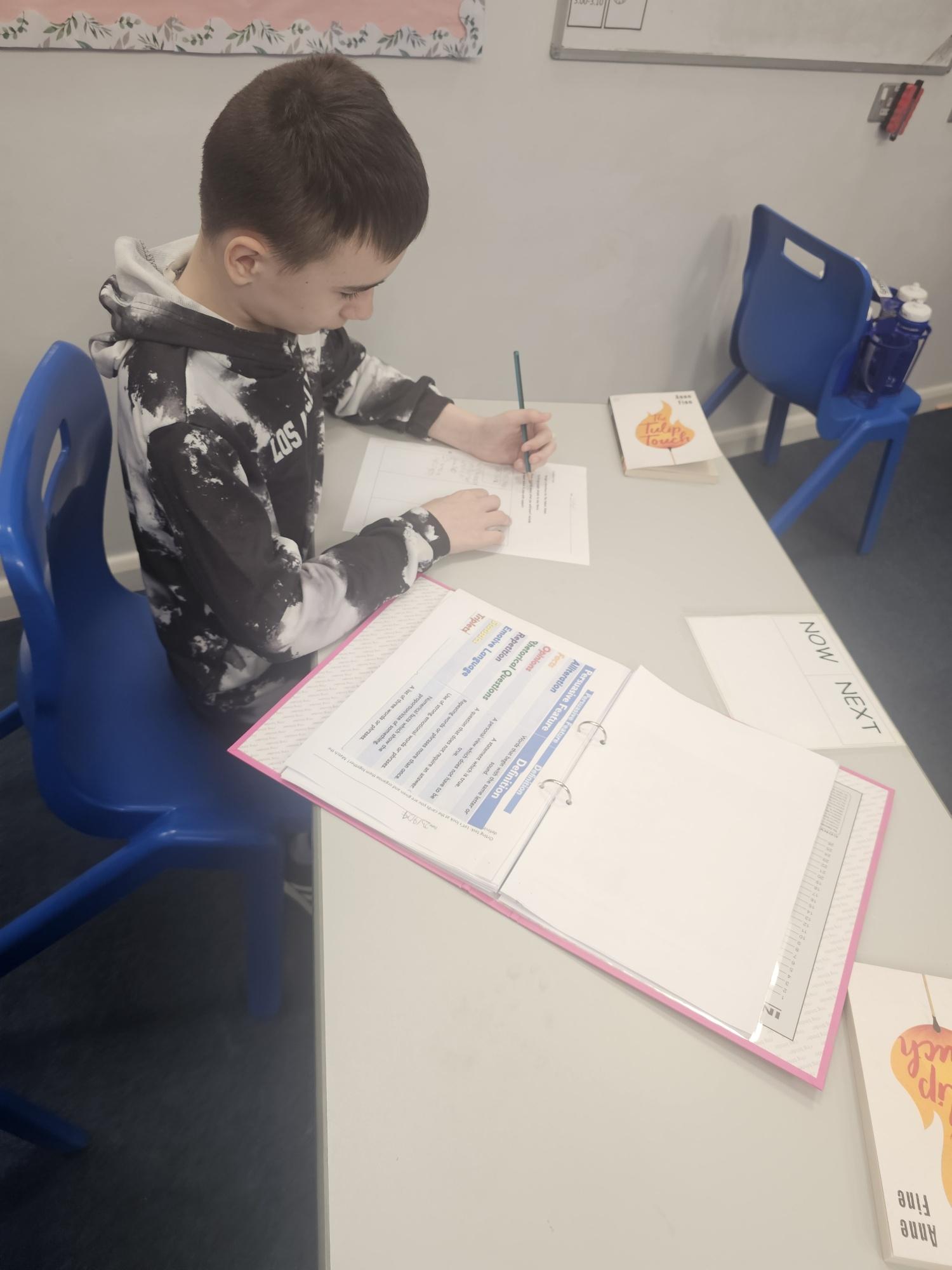English
This Term
In KS3 learners are exploring crime and mystery through a podcast. We are listening to "The Halifax Slasher" and using our detective skills to discover who the attacker is! We have previously studied Sherlock Holmes, so this is a great chance to recall our knowledge of how to crack a case. Drawing on different media sources we are focusing on non-fiction and growing our writing skills. Our aim is for all learners to plan and write a well inform news article about the Halifax Slasher, drawing on their knowledge of the half term.
Our KS4 learners are developing key writing skills to prepare them for their next steps. Some learners will be focusing on GCSE's and other are preparing for functional skill exams. We will use extracts form a variety of sources to help engage all and make sessions valuable. We will also be planning and recording our speaking and listening presentations, which will develop learners' ability to present and balanced argument.
Intent
Here at Marland Bideford, our English curriculum is designed to develop our learner’s inquisitive minds by building a love of reading, writing and discussion. We aim to prepare our learners for life as successful, valuable, and independent young people. We believe that learners need to develop a secure knowledge base in Literacy, which follows a clear pathway of progression as they Journey through their secondary curriculum. Our carefully sequenced curriculum aims to provide our learners with the opportunity to build on their experiences to achieve their own goals. We believe that a secure base in literacy skills is crucial to a provide a high-quality education across the curriculum. We ‘promote high standards of literacy by equipping pupils with a strong command of the spoken and written word, and to develop their love of literature through widespread reading for enjoyment.' (National Curriculum 2014)
Implementation
Our English curriculum is implemented through the use of rich texts and engaging pupils with a cross-curricular approach. Texts are chosen to link with the topic’s learners are learning about and these are used as a springboard to inspire pupils to read and write. We believe that choosing the right context and starting point to engage our children in their learning is vital in fostering a love for reading and writing.
Our English curriculum aims to provide many purposeful opportunities for reading, writing and discussion. We aim for all of our pupils to be confident readers, writers, spellers and speakers, who’s English skills can transfer to other curriculum subjects and their own personal lives. Our English lessons develop learners’ spoken language, reading, writing, grammar and vocabulary, teaching them how to write within specific genres and which structural and language features to include to be successful. Example texts are used to start this process to support learners to use other similar writing as models for their own. Lessons also focus on teaching specific spelling, grammar and punctuation skills to enable our pupils to apply the skills they have been taught. In English use a wide variety of resources as appropriate to their individual classes.
What are the key concepts in English and why do we teach them?
- Read easily, fluently and with good understanding of the text.
- Develop the habit of reading widely and often, for both pleasure and information.
- Build a wide vocabulary, an understanding of grammar
- Write clearly, accurately and coherently, adapting their language and style for a range of contexts, purposes and audiences
- Use discussion in order to learn; they should be able to elaborate and explain clearly their understanding and share ideas
- Be able to engage with speaking and listening activities, making formal presentations, demonstrating to others and participating in debate.
Enrichment and cross-curricular links:
The English curriculum has strong links to other curriculum areas:
- Skills developed in English are transferable to all areas in the curriculum allowing the learner time to practice and develop further with their linguistic skills.
- Our curriculum uses a variety of topics to springboard from including but not limited to history, geography, current affairs and cooking.
- Literacy skills are essential to become a successful young person. The skill they develop here will support our earners in their journey towards preparation for adulthood.
Impact
The impact and measure of this is to ensure learners not only acquire the appropriate age-related knowledge linked to the English curriculum, but also skills which equip them to progress from their starting points, and within their everyday lives.
Long term pupils will:
- be confident in the art of speaking and listening and to be able to use discussion to communicate and further their learning
- be able to read fluently both for pleasure and to further their learning.
- enjoy writing across a range of genres
- be able to succeed in all English lessons because work will be appropriately scaffolded and accessible
- have a wide vocabulary and be adventurous with vocabulary choices within their writing
- have a good knowledge of how to adapt their writing based on the context and audience
- make good and better progress from their starting points to achieve their full potential
Learners of all abilities will succeed in all English lessons because work will be appropriately scaffolded and the right intervention will have been given. All our learners will reach their full potential by working along side us and build relationships that allow them to learn and be successful.

